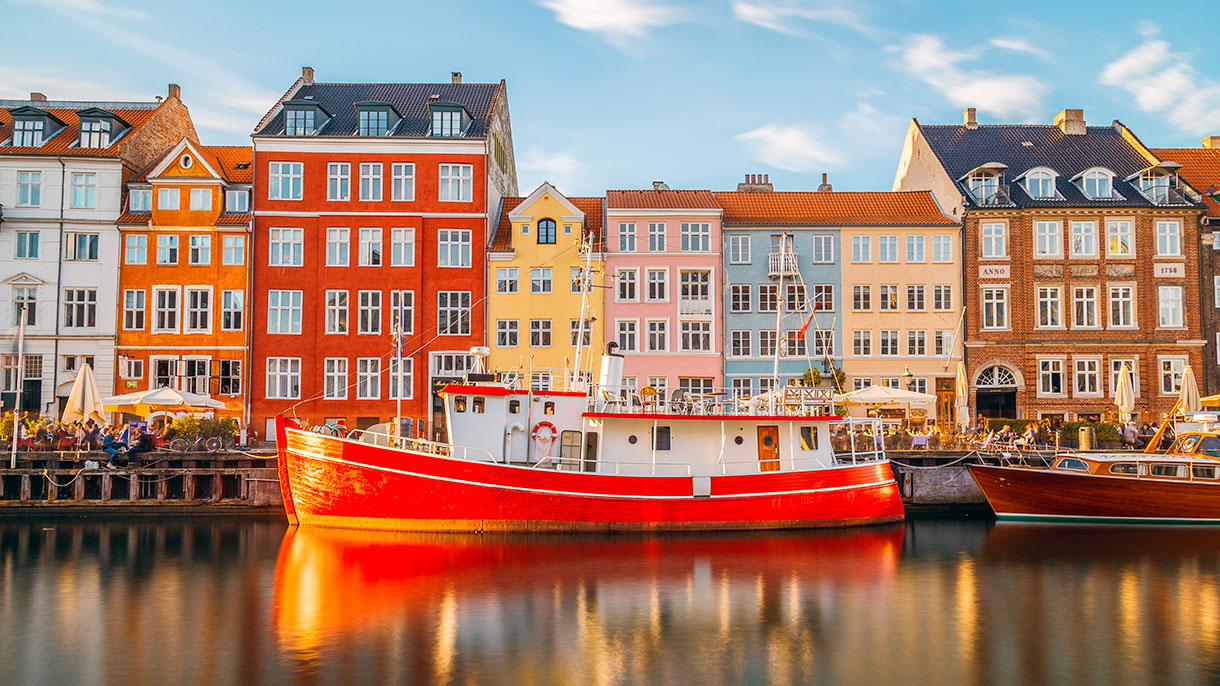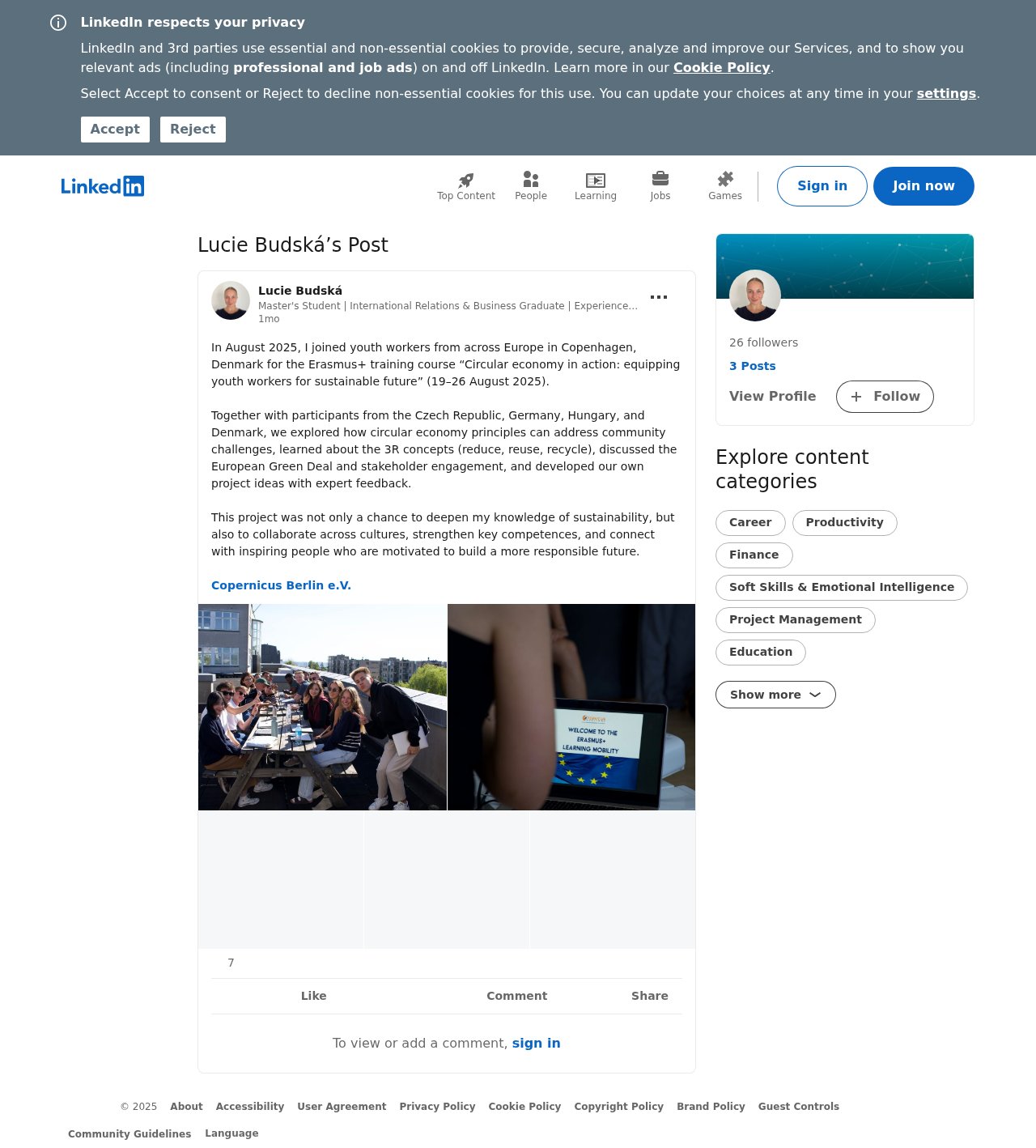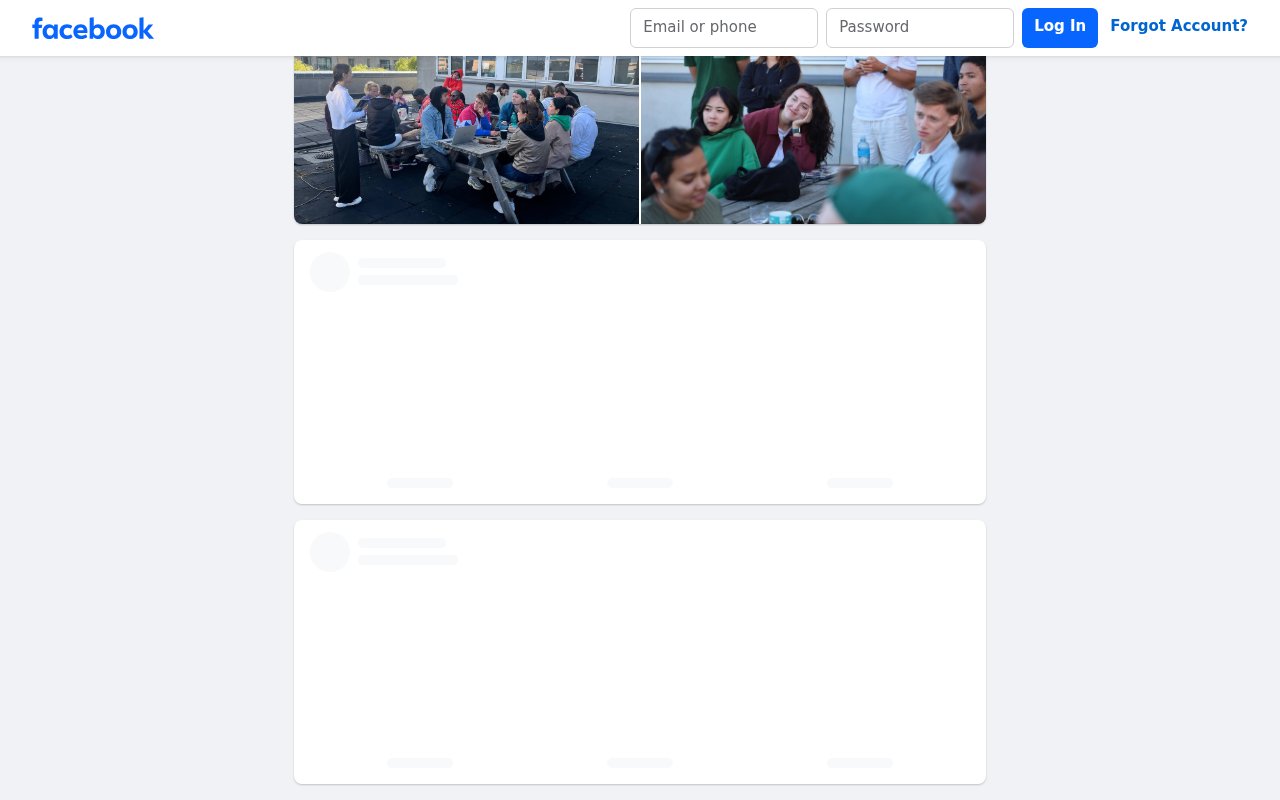
Circular Economy in Action: Equipping Youth Workers for Sustainable Future
Erasmus+ Training Course in Copenhagen, Denmark
August 19-26, 2025
The transition from a linear “take–make–dispose” model to a circular economy was critical for addressing climate change, resource scarcity, and social inequity. Youth workers played a pivotal role in inspiring young people to adopt circular practices and launch community-based green initiatives. In Copenhagen, recognized as one of Europe’s most sustainable capitals, participants engaged in hands-on workshops focused on upcycling, bio-materials prototyping, and circular business models, enabling them to run their own activities with young people.Throughout the program, participants explored interactive sessions on life-cycle thinking and cradle-to-cradle design, enriched by Danish case studies. They developed outreach strategies linking green skills with youth employability, while also drafting cross-border project ideas and action plans. The course culminated in a Circular Pitch Day, where teams presented prototypes like community repair cafés and circular fashion workshops to local stakeholders, celebrating their achievements during the Youthpass ceremony. This initiative equipped youth workers with the tools needed to transform sustainability rhetoric into tangible, inclusive projects.
Facilitator
- Experienced youth worker, trainer and facilitator
- Member of Copernicus Berlin Team



















